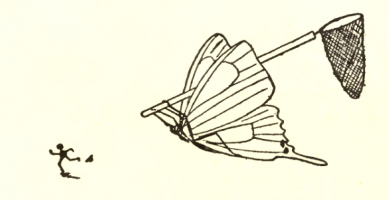 Title: Tranexamic Acid in Patients Undergoing Coronary-Artery Surgery
Title: Tranexamic Acid in Patients Undergoing Coronary-Artery Surgery
What Caught Our Attention: When the New England Journal of Medicine (NEJM) publishes a correction that is more than a misspelling of a name, we take a look. When NEJM publishes a 500-word correction to the data in a highly cited article, we take notice. This study tested the effects of a drug to prevent blood loss in patients undergoing heart surgery; it’s been the subject of correspondence between the authors and outside experts. The correction involved tweaks — lots of tweaks — to the text and tables, which did not change the outcomes. Continue reading Caught Our Notice: Big journal, big correction
 Every year, academics get thousands of spam emails inviting them to submit manuscripts or attend conferences — but don’t bother asking to “unsubscribe” for Christmas.
Every year, academics get thousands of spam emails inviting them to submit manuscripts or attend conferences — but don’t bother asking to “unsubscribe” for Christmas.

